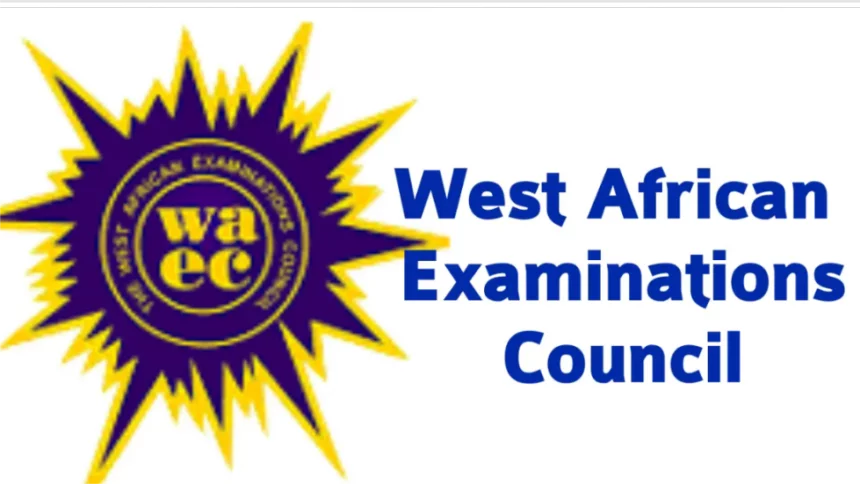Nigeria’s Educational Crisis: When Mediocrity Becomes Normalcy
By Dr. Aiyeku Olufemi Samuel
We find ourselves in a nation where *failed systems are celebrated as achievements, and mediocrity is embraced as a way of life. In Nigeria today, poor management of educational policy and regulatory frameworks* has eroded public trust and worsened the plight of students and parents alike.
Rhetorical Question: Should students pay to access the results of exams they have already paid for?
Answer: Absolutely not. Education is a right, not a luxury, and result verification should be transparent and cost-free. Yet, three WAEC result checker PINs at ₦5,000 each were bought just to access one child’s result—a clear indictment of poor systems management.
Rhetorical Question: Why is WAEC, once an international body of repute, now unable to address delays and logistical failures?
Answer: Because accountability has been lost, leadership has failed, and citizens have become too comfortable normalizing dysfunction.
Consider this: A student scores 341 in JAMB, yet the FUT Minna portal closes by August 31, 2025, while the Federal Government fixes an October deadline for admission completion. How can deadlines function without proper systems in place? What future are we building when policy incoherence and regulatory negligence waste the hard work of our brightest minds?
Instead of addressing systemic failures, government celebrates the provision of basic social amenities—health, education, water, power, and security—as though they were favours, not fundamental duties. Citizens clap for mediocrity, forgetting that *true governance is measured by excellence, not by bare minimums*.
We are having a systemic issues and is becoming pandemic.
The JAMB issue was one which was haphazardly addressed. Now WAEC. These is bordering on our children the live wire of any meaningful nations. How can a system be so callous not to address this critical matter.
Challenges
* Poor accountability from WAEC and educational bodies.
* Inefficient policy implementation and weak regulatory oversight.
* Exploitation of candidates through unnecessary fees.
* Lack of empathy for students enduring hardships like writing exams at night under candlelight due to logistical failures.
* A cultural acceptance of mediocrity over excellence.
Solutions & Recommendations
* *Government must mandate WAEC to release all results within 72 hours of examinations*. Accountability requires urgency.
* Establish a *central regulatory monitoring unit to ensure strict timelines for admissions, examinations, and result releases.
* Digitize and secure educational systems to eliminate exploitative practices like multiple PIN purchases before examination results can be accessed
* *Public communication is non-negotiable*: WAEC must provide press briefings, updates, and public apologies when lapses occur.
* Citizens must reject mediocrity, demand excellence, and hold institutions accountable.
Where Do We Go From Here?
How long will Nigerians continue to normalize dysfunction?
How long will we celebrate the shameful as if it were glorious?
The time has come for us to say “Enough is Enough!”
The change must begin with us—individually and collectively. If citizens demand accountability and refuse to be silenced, leadership will no longer have the excuse to perpetuate mediocrity.
We live in a country where people are proud of what they should be ashamed of. This culture must end. *Excellence is not negotiable, and mediocrity should never be the standard.*
God bless the Federal Republic of Nigeria.
By Dr. Aiyeku Olufemi Samuel
(Governance Analyst | Development Economist | Policy Consultant | Strategic Development Advocate | Climate Action Enthusiast | Sustainability & Impact Investing Specialist | Girl-child Advocacy | PPP & CRM Specialist | Sales Innovation & Transformational Results-Driven Business Analyst)
aiyekuolufemi@gmail.com











